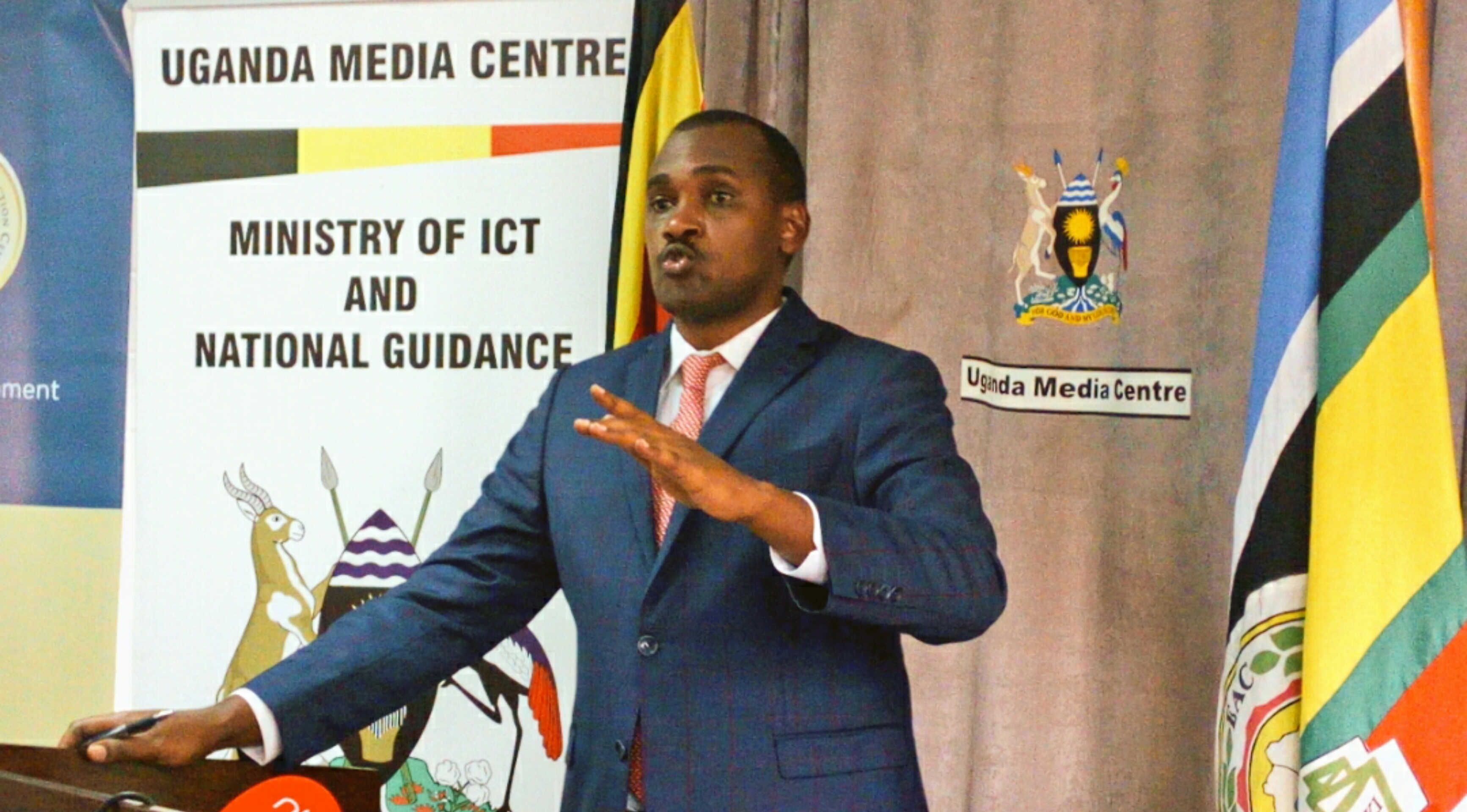Cabinet has okayed a proposal by the government owned telco, Uganda Telecom Ltd (UTL) to have unlimited access to the optical fibre internet infrastructure across the country to allow UTL cut down on its operational costs and deliver efficient services.
The decision was made during the Cabinet meeting held on Monday this week at State House Entebbe, which was chaired by President Yoweri Museveni.
While briefing the press on Wednesday on the resolutions adopted in the meeting, the Minister of ICT and National Guidance, Frank Tumwebaze said Cabinet had approved the request to increase UTL’s frequency bandwidth to enable it provide efficient services.
During the Cabinet sitting, the Minister of State for Privatization and Investment, Evelyne Anite had presented a paper on the numerous strategies to be undertaken in order to revamp the struggling UTL in which the government of Libya was previously a major shareholder.
“Cabinet agreed with UTL’s proposal that UCC allows it [UTL] to expand its frequency bandwidth so long as it proves that it will use it efficiently to cover the whole country and provide quality services,” Minister Frank Tumwebaze told journalists at the Uganda Media Centre.
In addition, Tumwebaze said that Cabinet “agreed with UTL or any other entity that may work with it in future to become the first preferred provider for internet services to all MDAs by guaranteeing it unlimited access and use of the national backbone to enhance government shareholding to a range of 32% to 45%”.

Since the commencement of a phased implementation of the National Backbone Infrastructure (NBI) project, several towns including Entebbe, Mukono, Jinja, Bombo and Kampala have been linked to the internet cable.
Phase Two connected the towns of Busia, Tororo, Mbale, Malaba, Kumi, Soroti, Lira, Gulu, Elegu, Masindi, Kyenjojo, Fort Portal, Kasese, Bushenyi and Mbarara on a 1400.734 km optical fiber cable network.
The backbone has also since been extended from Kampala to Kabale, as well as the Mutukula and Katuna border posts.
Under Phase Four, the internet infrastructure will be extended to West Nile districts of Pakwach, Nebbi, Arua, Yumbe, Koboko and Adjumani, Katakwi and Moroto. Currently, a total of 321 MDAs, local government sites and government service centers (hospitals and universities) are connected on the internet through the infrastructure.
“The national backbone is a government infrastructure through which internet can he delivered beside other media like satellite, optical fibre and terrestrial microwave. Government built the optical fibre but because most telecom companies had also built their own fibre, this [givernment owned] fibre has only been serving government,” Tumwebaze explained.
“So, UTL asked to use the already laid national backbone so as not to incur costs to establish another infrastructure. UTL will have access so it can effectively serve,” he added.
According to National Information Technology Association (NITA-U) statistics, government has realized a reduction of internet costs from USD 1,200 in 2013 to the current USD 70 per Mbps following the laying of the national backbone infrastructure.
Relatedly, Cabinet also approved the proposal by Ministry of Finance to get a competent investor to invest in UTL.
Accordingly, the Minister of Investment was directed to work with the Financial Intelligence Authority to vet the capacities and record of the potential investors that have so far expressed interest in buying shares in UTL.
So far, over 10 companies have showed interests in cashing in, according to Tumwebaze.
In addition, Cabinet endorsed the proposal by UTL to have its license extended for another 20 years. With the approval, the telco will now proceed to tender in an application to the communications regulator, UCC for the license to be renewed. The procedure involves assessment of compliance to regulations over the period UTL has been operating in Uganda as well as public evaluation regarding its services.
Tumwebaze said that the renewal of the license would boost investor confidence in the telco.








